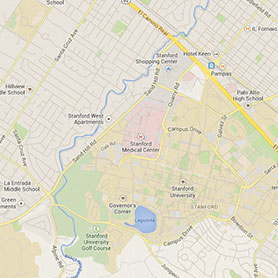New to MyHealth?
Manage Your Care From Anywhere.
Access your health information from any device with MyHealth. You can message your clinic, view lab results, schedule an appointment, and pay your bill.
ALREADY HAVE AN ACCESS CODE?
DON'T HAVE AN ACCESS CODE?
NEED MORE DETAILS?
MyHealth for Mobile
Small Bowel Resection Procedure
Small Bowel Resection Procedure
With a team of surgeons who specialize in complex colorectal surgery for inflammatory bowel disease, we offer a level of expertise available in only a handful of centers across the country.
If bowel resection surgery is right for you, here's what to expect:
- We give you general anesthesia, meaning you will be asleep and not able to feel any sensation during your procedure.
- Your surgeon start by making one small incision above your belly button.
- We fill your abdomen with carbon dioxide gas, which makes it easier for us to move surgical instruments around and gives us a clear view of the surgical area.
- We place thin tubes into the hole to access your small intestine and identify the area we need to remove.
- A video camera and specialized instruments attached to the tubes allow us to carry out your procedure.
- With the help of surgical clamps, we seal off the diseased section of your intestines.
- Using a surgical knife, we remove it.
- We sew or staple the two cut ends together (anastomosis).
- If there is not enough healthy tissue left to reconnect your intestines, you will need an additional procedure, such as ileal J-pouch surgery or Kock pouch ileostomy to help you store and eliminate stool.
Small bowel resection is major surgery. You can expect to stay in the hospital for a few days after your procedure. You may also need to make changes to your diet, such as eating foods that are easy to digest, as you continue to recover at home. Our experts from GI Nutrition Services can help you find foods you like to eat that aren't hard on your stomach.

